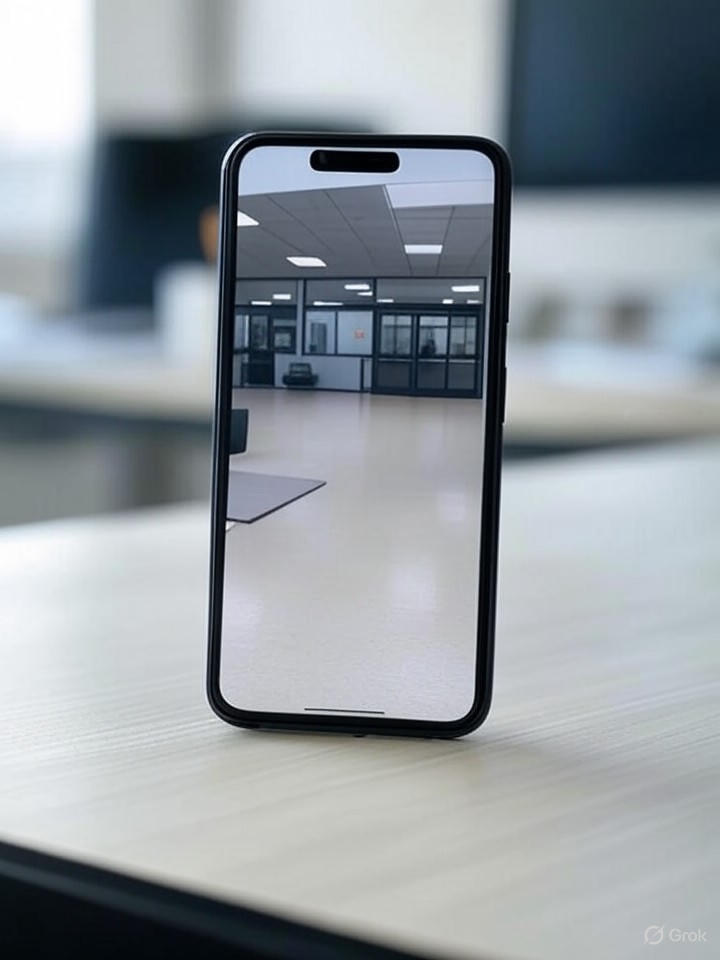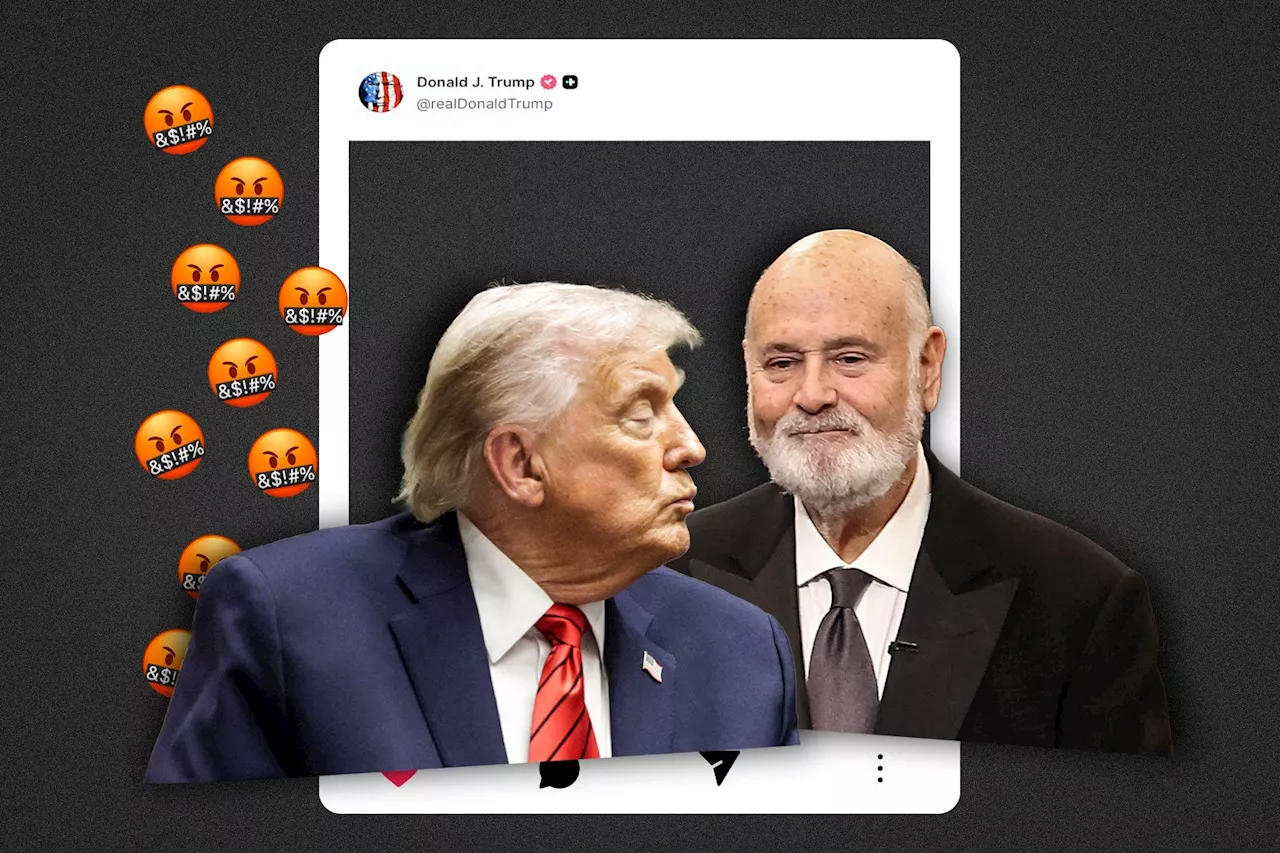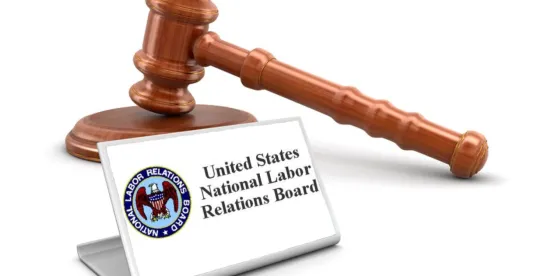U.S. border agents are increasingly inspecting travelers’ electronic devices, with searches reaching a record high of 52,000 in the fiscal year 2025. This figure, reported by U.S. Customs and Border Protection (CBP), represents a significant 17% increase from the previous year. The rising number of searches between April and June 2025, which totaled nearly 15,000, has raised alarms among privacy advocates and has sparked a broader conversation about the balance between national security and personal privacy.
Growing Concerns Over Privacy Rights
CBP’s authority to conduct these searches derives from long-standing exceptions to the Fourth Amendment, allowing warrantless inspections at the border to combat threats such as terrorism and smuggling. Despite this legal framework, critics argue that the agency’s practices are becoming overly intrusive in a digital era. A pivotal ruling in the case of United States v. Smith in 2023 mandated that warrants are necessary for cell phone searches at the border, as highlighted by the Electronic Frontier Foundation (EFF). Nevertheless, CBP continues its broad search practices, asserting that they are essential for maintaining safety in an increasingly digital landscape.
Privacy advocates contend that most searches are basic manual reviews, with the more invasive forensic extractions accounting for only a small percentage of cases. The agency’s guidelines emphasize the importance of these searches, yet many individuals feel that their privacy is compromised during international travel.
Legal Landscape and Growing Scrutiny
Legal experts from institutions such as Northeastern University note the complexities surrounding these searches. The ACLU of Texas states that the government has historically maintained that Fourth Amendment protections do not fully apply at borders. International travelers are facing heightened scrutiny, with Canada advising its citizens to expect thorough inspections by U.S. border officers. Reports indicate that individuals have been subjected to detentions based on the data stored on their devices, raising further concerns about the potential for discrimination and invasive practices.
The surge in searches has had a notable impact on specific groups, particularly Canadians, with reports indicating a sharp rise in device inspections at U.S. crossings. This trend has fostered unease among travelers who are concerned about the safety of their personal and business information.
For businesses, the implications of these searches can be significant. Professionals traveling with sensitive corporate data are encouraged to adopt strategies to mitigate risks. Experts suggest using burner phones or cloud storage to minimize direct access to devices containing proprietary information.
As highlighted by CNET, U.S. Border Patrol retains the authority to search electronics without probable cause, prompting recommendations for travelers to prepare accordingly.
Protecting Personal Data
To safeguard against potential invasions of privacy, experts recommend employing encryption and minimizing the amount of data stored on devices. Practical advice includes enabling full-disk encryption, using passphrases rather than biometric locks, and backing up important data to the cloud before embarking on travel. Despite these precautions, CBP can still demand passwords, and refusal to comply may result in detention or denial of entry.
Advocacy groups are now pushing for clearer policies. The EFF is advocating for national warrant requirements for device searches, building upon the precedent set by the 2023 ruling. Meanwhile, CBP defends its search practices, stating that they are targeted rather than random. As technology continues to evolve, the debate around these searches is expected to intensify, with many calling for updated laws to better protect individual rights.
International Comparisons and Future Implications
In contrast, Canada’s border agency faced restrictions following a court ruling that curtailed its ability to conduct random searches. This decision has led to increased scrutiny of similar practices in the U.S., as the ethical implications of searching personal devices become more pronounced.
As smartphones integrate more personal data and artificial intelligence, the stakes for privacy continue to rise. Legal experts express concern that the ongoing overreach of border search policies could erode civil liberties.
Travelers are urged to remain informed and proactive. As one Toronto-based immigration lawyer remarked, there is a palpable fear among individuals entering the United States. Awareness is crucial, especially for tech-savvy professionals navigating this complex digital frontier.







